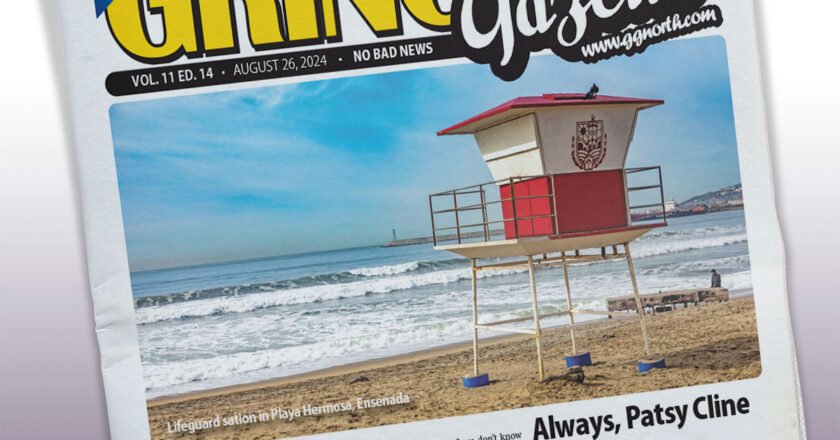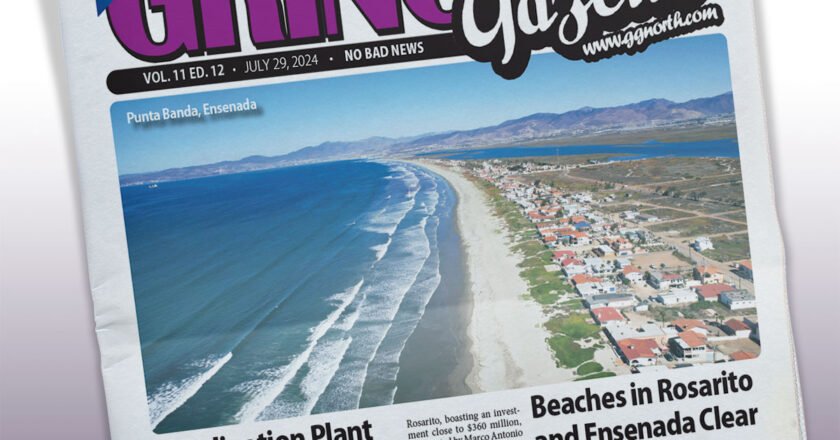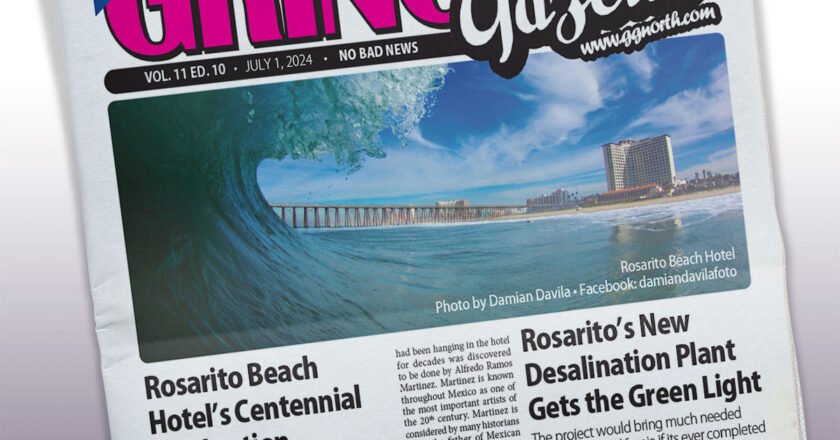Baja California’s Civil Protection authorities have issued a heat advisory for the upcoming weekend, warning of significantly higher temperatures across …


Baja California’s Civil Protection authorities have issued a heat advisory for the upcoming weekend, warning of significantly higher temperatures across …

Mark your calendars for October 5th, 2024, when Tijuana’s Club Campestre will host the 3rd annual Wine Without Borders festival! …

Ensenada-San Diego Ferry Schedule Announced. Azteca Ferries has finally unveiled the travel schedules for the much-anticipated Ensenada to San Diego …

How to download a PDF of this publication:1. Locate the icon toolbar at the bottom part of the newspaper window. …

BY LUISA ROSAS What do you get when you combine an iconic National Geographic cover, a giant bird, and a …

How to download a PDF of this publication:1. Locate the icon toolbar at the bottom part of the newspaper window. …

How to download a PDF of this publication:1. Locate the icon toolbar at the bottom part of the newspaper window. …

BY ARCHER INGRAM Gear up, opera lovers and curious bystanders! The city of Playas de Rosarito in Baja California is …

How to download a PDF of this publication:1. Locate the icon toolbar at the bottom part of the newspaper window. …

How to download a PDF of this publication:1. Locate the icon toolbar at the bottom part of the newspaper window. …